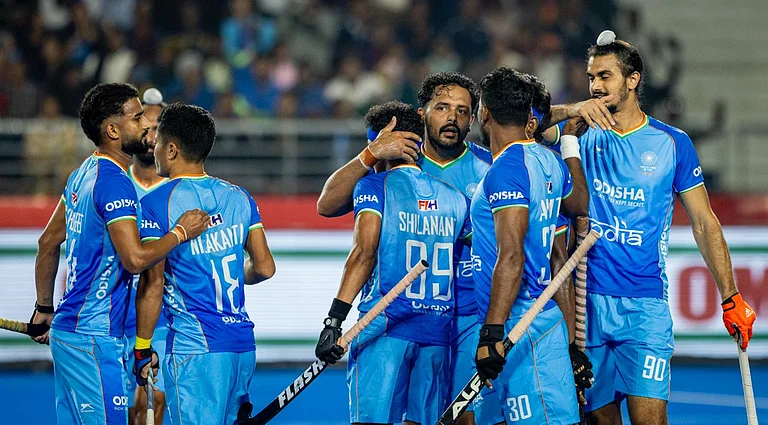The High Court of Karnataka has directed the state not to take coercive action against RSS leader Kalladka Prabhakar Bhat for his speech on December 24 in Srirangapatna, allegedly insulting Muslim women.
The vacation bench of Justice Rajesh Rai, who heard the petition by Bhat, on Thursday issued notices to the state and the complainant in the case and directed the State Public Prosecutor not to take coercive action till the next date of hearing. The arrest of Bhat in the case, therefore, is stalled.
Senior advocate Arun Shyam, who appeared for Bhat, argued that the case was politically motivated and the RSS leader had only stated facts which were protected under the right to speech.
Najma Nazeer, a social worker, had lodged the complaint and the police in Srirangapatna had booked Bhat under Sections 354 (Assault or criminal force to woman with intent to outrage her modesty), 294 (dealing with uttering obscene words in a public place), 509 ( Word, gesture or act intended to insult the modesty of a woman), 153A (promoting enmity between different groups on ground of religion), 295 (Injuring or defiling place of worship with intent to insult the religion of any class), 295A (Deliberate and malicious acts, intended to outrage religious feelings of any class by insulting its religion or religious beliefs), 298 (deliberate hurting of religious feelings) of the Indian Penal Code (IPC).
Meanwhile, the III Additional District and Sessions Judge in Mandya granted bail to Bhat in the Srirangapatna case following his submission about his health condition.
Bhat underwent cardiovascular surgery on April 5, 2022. "Hence there is substance in the contention of the petitioner that he is suffering from severe cardiac health issues," the Sessions Court noted, and citing earlier Supreme Court judgements, granted Bhat anticipatory bail.
He was directed to submit a personal bond for Rs 2 lakh and a surety for a like sum.
The Sessions Court, however, clarified that the "investigator is at liberty to interrogate him as provided under relevant provisions of the CrPC."





















